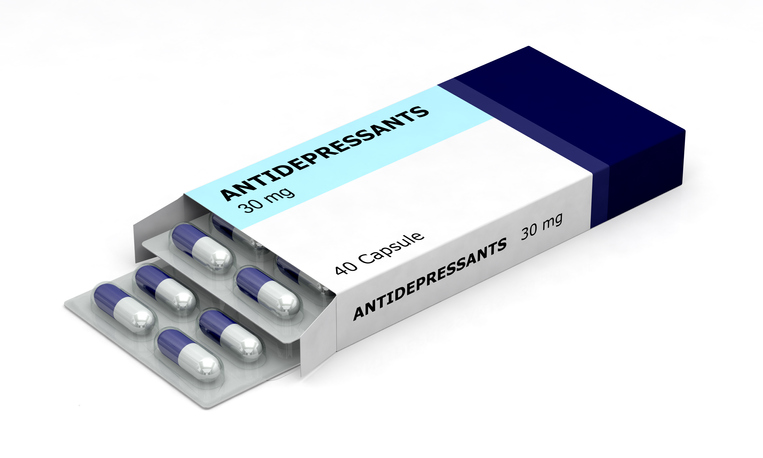Treatments
Psychological Effects of Chronic Pain

In addition to physical symptoms, chronic pain also has psychological effects, which may have a significant impact on an individual’s overall health and well-being. Psychological effects of chronic pain include, but are not limited to, the following:
- Higher stress levels
- Excessive worry about physical health, including diagnoses, treatments or prognosis
- Feelings of anger or frustration
- Increased loneliness due to social isolation
- Heightened risk for mental health conditions, such anxiety, depression, and post-traumatic stress disorder (PTSD)
- Elevated risk for substance abuse
These effects may occur because chronic pain and mental health disorders share biological mechanisms in the brain and body, including stress hormones and brain chemicals, such as cortisol and serotonin. Pain can also negatively impact daily activities, work or relationships, which can adversely affect mental health.
Regardless of the cause of the psychological effects, treating mental well-being is as important as treating physical symptoms for those with a chronic pain condition. If psychological effects are experienced, consult a health care or mental health professional. Treatments, including therapy, medication, lifestyle modifications, or support groups, can have a positive impact on a person’s mental state, which contributes to improved overall health and well-being.
Additional source: American Psychiatric Association



















